By Douglas Sterling
Much of Julius Caesar’s military successes in the late Roman Republic stemmed not only from his ability as a leader of men and from tactical prowess on the battlefield, but also from his understanding of the importance of military intelligence. Indeed, in the Gallic Wars he used the intelligence-gathering abilities of his army to an extent never before seen in Roman history. But in the period of the civil wars, when Caesar fought for his political life and political hegemony, he acted more impetuously, taking bold measures to achieve the seemingly impossible and relying less on gathering and utilizing active intelligence of enemy dispositions or intentions.
Caesar had great faith in himself and his powers of observation and discernment and an understanding that impulsiveness and acting on instinct would better advance his cause, facing as he did a rival—the great Pompey—known as a procrastinator.
Caesar’s information-gathering was tied to practical processes developed over the years of the growth of the Roman Empire. But through his experiences in Gaul in the 6th decade bc, Caesar developed and utilized intelligence units to a greater degree, and also put his individual stamp over their operations.
The foremost intelligence functions of a Roman army were handled by the speculatores, a forward unit of soldiers engaged in covert intelligence gathering. More like picked spies than scouts, they ranged far ahead of the army, sometimes undercover, and were often out of contact. Customarily responsible for the delivery of dispatches to Rome and between military camps, speculatores acted surreptitiously and were therefore the logical choice to perform espionage or reconnaissance missions requiring secrecy. During the civil war, speculatores were used mainly for reconnaissance and messenger duties.
Exploratores operated farther forward of an army than skirmishers, and were also involved in gaining advance intelligence. Among their roles was the acquisition of topographical information about the route to be followed by an army on the march. In order to perform this function they were fully briefed about the general direction to be taken but were also concerned with security, and therefore kept a watch for suspicious enemy activity. In addition, they were responsible for helping choose suitable camp locations for offensive and defensive purposes. Caesar made great use out of this unit in Gaul.
Yet Caesar was by no means deficient in the utilization of less regular, unsanctioned sources of intelligence, such as captivi and perfugae. Captivi were prisoners of war used as sources of information. Their testimony could not be taken at face value because they might say whatever their captors wanted to hear and therefore required corroborative evidence. Perfugae were deserters to the Roman side used to gain intelligence about an enemy nation or force. Information gleaned from them also had to be carefully analyzed before giving it due weight in military councils. In fact, perfugae testimony was not normally considered important unless the deserter was of high rank.
The struggle for political hegemony in the Roman Empire between Caesar and Pompey began when the Roman Senate, under the influence of Pompey, refused to accept Caesar’s offers of compromise. In light of this failure, which he feared could lead to his prosecution and loss of power, Caesar crossed the Rubicon River (the boundary of the province of Italy) with his army and began taking the cities of the northeastern provinces. Here, Caesar betrayed the strategic policy he was to employ throughout the civil war—a reliance on quickness and audacity over simple strength in gaining the upper hand militarily and politically.
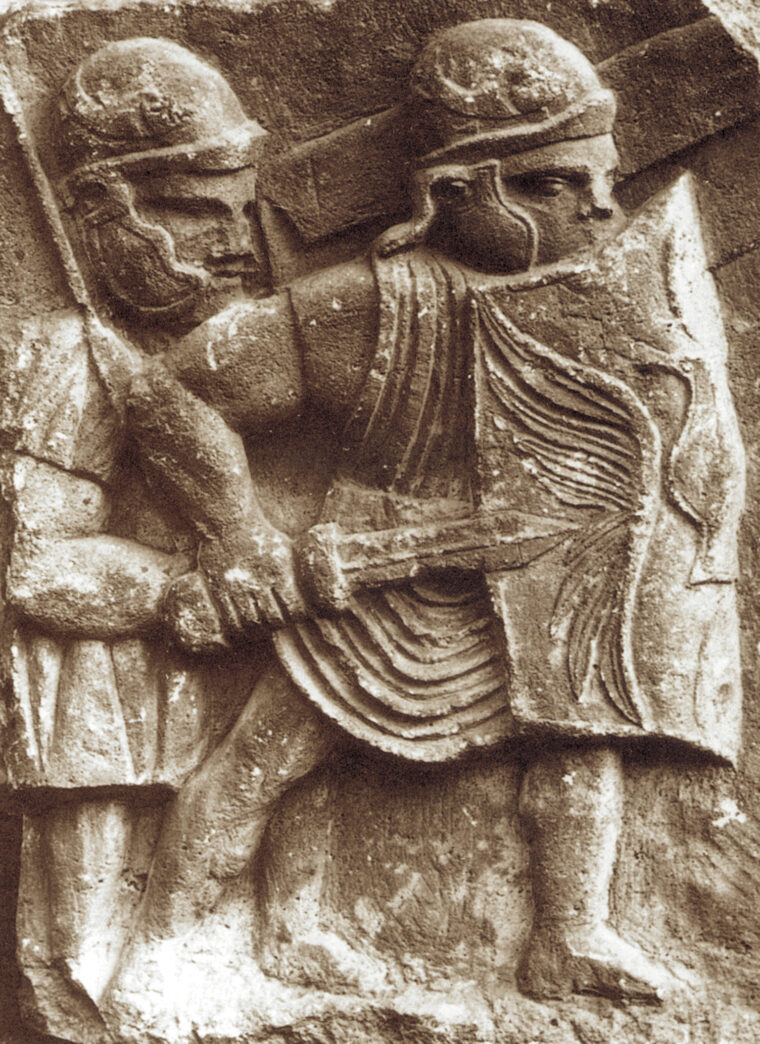
Intelligence was crucial in this effort, at least in the political sense. Allies or subordinates of Pompey controlled many towns Caesar targeted, and he needed to know their strength and the extent of their support. In gathering information, his own supporters as well as deserters from Pompey were vital sources, but Caesar’s commentaries do not mention specific methods. Either through a speculatores unit in his army, or through political agents, Caesar kept in touch with what his detachments were doing and thus was able to make political judgments. In his description of the capture of the town of Iguvium, for instance, Caesar writes that “word came” that the praetor Thermus was fortifying the town and holding it with five cohorts. Caesar also learned that the townspeople were on his, Caesar’s, side. His advance on the town caused Thermus to flee.
Notwithstanding his successes in the north of Italy, Caesar’s failure to discern the political motives and intentions of his enemies severely hampered his efforts in the siege of Brundisium. Finding that Pompey was at that southern Italian port on the Adriatic, Caesar marched his army there. On the way, one of Pompey’s engineering officers was captured. Caesar used his capture in an effort to negotiate, though Pompey apparently did not respond to the proposals. However, it also seems clear that Caesar was not able to acquire any useful information about Pompey’s force or his intentions.
Afraid that Pompey would leave Italy, Caesar decided to blockade the harbor from the landward side. But throughout this operation he continued to attempt to negotiate, without response, though, as he says, “such persistent attempts to negotiate were a check to the speedy execution of his [Pompey’s] plans.” And indeed, despite Caesar’s efforts to build siege works, Pompey’s ships, which had transported a fifth part of his army across the Adriatic, arrived back at Brundisium. In order to move the rest of his army to Dyrrachium, Pompey built barricades and trenches around the city walls to prevent Caesar from interfering with his evacuation. Although Caesar had the townspeople on his side owing to resentment of their treatment by Pompey’s troops, he was unable to gain timely information to prevent Pompey’s escape. Through such an intelligence failure, Caesar was unable to anticipate his enemies’ actions.
Before taking his army east across the Adriatic to confront Pompey, Caesar elected to focus on the west instead and establish control over Spain, still ruled by Pompeian cohorts. In this way he hoped to protect his rear once he was ready to challenge Pompey directly. With Spain in his enemy’s hands, Italy would be threatened.
Upon his arrival in Spain, Caesar marched toward the camp of Afranius, the Pompeian commander. There he demonstrated his capacity for deception. In setting up camp, he had his men dig trenches rather than build ramparts as was common. This was because the ramparts “could not fail to be prominent and visible at a distance, and being slow, he was afraid the enemy should make a sudden attack, terrorize them and force them to give up the work.” The trench allowed Caesar’s troops to work through the night unseen.
Most of the Spanish campaign was characterized by such situations. The armies were generally close together, and were therefore well able to keep informed of each other’s activities and movements. Major struggles between them were over the ability to forage, obtain supplies and reinforcements, and maintain subsistence, both within the Spanish communities and with their Roman supporters. Through constant harassment and pressure, bolstered by effective intelligence gathering of enemy intentions and dispositions, Caesar’s army and the strength of his cavalry gained the upper hand, forcing the Pompeians to retreat. Soon Caesar had control in Spain.
In January 48 bc (old-style calendar), Caesar sailed with seven legions from Brundisium. They reached the coast of Illyricum the following day, finding an anchorage in an otherwise rocky and dangerous part of the shore. Caesar had crossed so fast that word of his arrival had not reached the Pompeian naval commander until he had already been sighted off the coast. The commander was unable to prevent the landing, but he did capture and burn a number of the ships attempting to return to Brundisium. This left Caesar seriously deficient in sea craft to carry over the remainder of his force.
One of Caesar’s major objectives in this campaign was to control the coast of Illyricum, and thus thwart the resupply of Pompey’s army. To do so he left three cohorts at Oricum to protect his warships. But word of these arrangements made it to Pompey’s son, Gnaeus, who was in charge of the Egyptian fleet. He attacked the town with ships of his own, equipped with large, raised towers, then sailed to Lissus and burned all of the ships of Caesar’s ally Marc Antony.
Meanwhile, Caesar received word of the whereabouts of Pompey’s army (near Asparagium on the Genusus River) and set off toward it, camping nearby. He then conceived a plan both audacious and bold but, with his great disadvantage in men and materiel, not particularly realistic. He decided to make for the coastal city of Dyrrachium, which contained the bulk of Pompey’s supplies. Were he to take it, Pompey would be seriously compromised. Pompey believed Caesar withdrew for lack of his own provisions. By the time he woke up to Caesar’s actual objective, it was too late—Caesar had reached the vicinity of Dyrrachium. Pompey was thus cut off from his main base of supply.
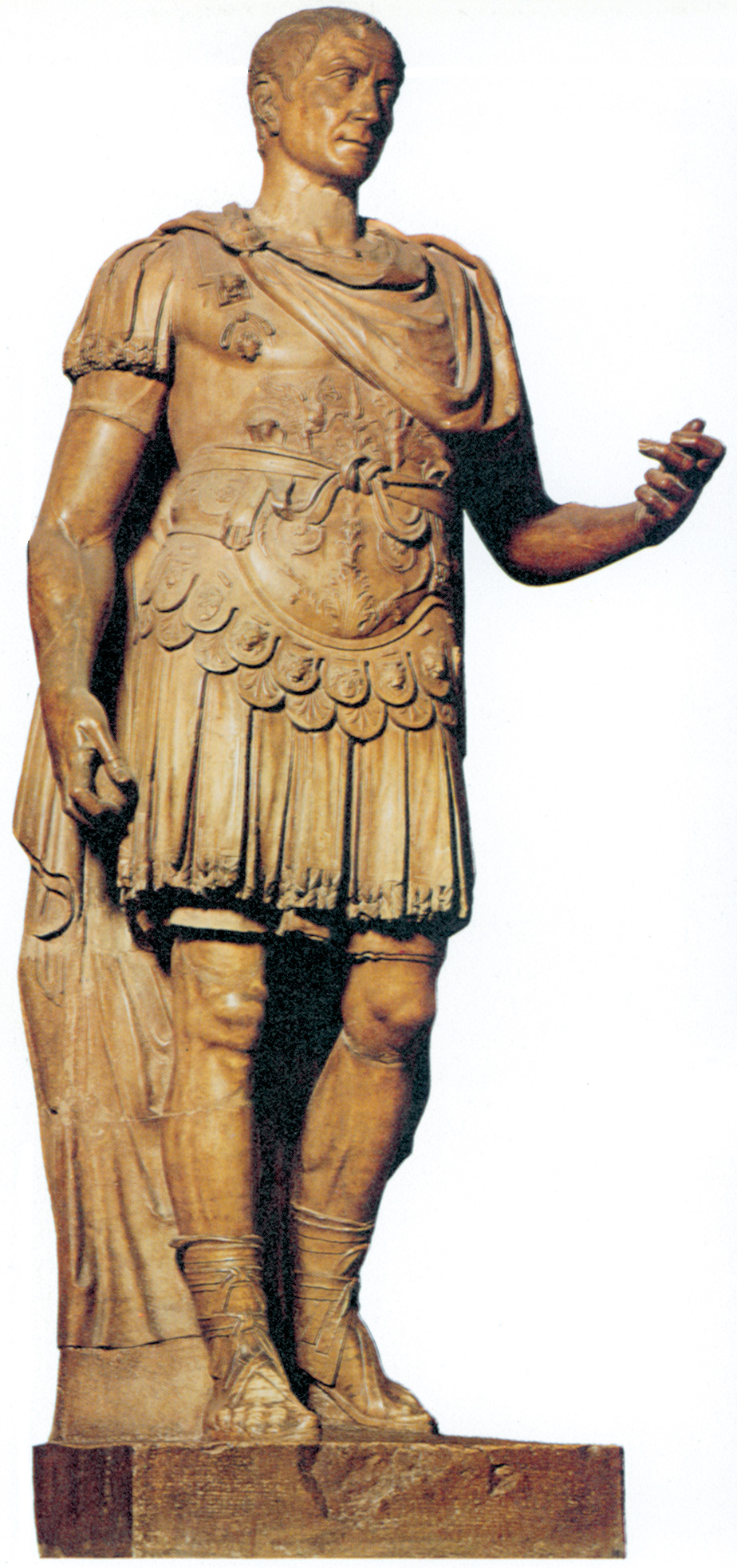
This situation illustrates the importance of an effective exploratores unit. Although initially fooled, Pompey’s intelligence units allowed him to quickly reassess and maintain “close contact with the intentions of [his] enemy.” As far as can be seen, Pompey’s failure was not due to counterintelligence blinding him in his decision-making capacity but, rather, due to Caesar’s rapid movements; he was too fast for Pompey to keep ahead of the rush of intelligence information. Caesar appeared to know what he wanted to do, while Pompey had difficulty in formulating an adequate plan.
But, though Pompey was harmed by tardy decision making, Caesar “may have been overbold.” For once he had shut Pompey off from Dyrrachium, he attempted to blockade him in his present position. Yet Caesar’s forces were too small to bring about such a blockade as long as Pompey was active enough to contest the ground. And he was. The question remains, however, how much Caesar’s failure was due to inaccurate or incomplete information, and how much was due to an unrealistic judgment of the information that he had.
In any event, Caesar began to build entrenchments in a wide arc to surround Pompey’s force outside Dyrrachium. It was a very large area, and the success of the venture rested on Caesar’s ability to squeeze Pompey within the smallest possible space. In this way, Caesar could most effectively restrict Pompey’s men and especially horses, making them useless for active operations. Caesar’s plan also betrays the political motivations behind the battle, which, of course, lay behind all of his intentions. In a civil war, perhaps more than in any other kind of conflict, political considerations must often come before purely military ones, and oftentimes require the taking of inordinate risks. Caesar assumed quite confidently that a confined and ineffective Pompey would rapidly lose influence among his allied nations.
It is unclear how much Pompey himself was responsive to the political situation, but he must have had some confidence in his ability to keep Rome informed of his political point of view. After all, he still had control of the sea, allowing easy access to Rome. He may even have been confident in his ability to cut Caesar’s lines of communication, at least across the Adriatic, which was naturally the most efficient and swift method. Caesar would then be forced to send messengers overland—a longer, less practical, method.
For the task at hand, as in Spain, the armies were now close enough to afford strategic intelligence to be gathered by observation, as well as from scouts, local contacts, and desertions. Indeed, it seems as though desertions from Pompey’s army were almost constant, furnishing Caesar with some general knowledge of his rival’s plans.
In Caesar’s attempt to enclose the Pompeian forces, his lines of contravallation were built along an irregular series of hilltops that were fortified and linked by a chain of entrenchments. Pompey sought to contest each hilltop, thereby making the effort more difficult. In capturing the farthest outposts possible, Pompey intended to cause Caesar to stretch his lines farther, and thinner, thereby exposing weak spots in the line.
Thus began a steady series of skirmishes between units of each army attempting to take various high positions. “Wherever there was a position that Caesar wanted to occupy, Pompey sent in his archers and slingers, of which he had a large number,” we are told by Caesar. The struggle for strategic predominance was paramount. Pompey had the upper hand and knew it, seeing no need to risk his advantage in manpower and supply in a series of struggles outside his lines. Caesar’s situation was critical and was, in fact, deteriorating because he was unable to produce the constraints on Pompey that his strategy assumed. At the same time he was overextending his own resources, leaving him vulnerable on his left wing.
But before exploiting Caesar’s weak position Pompey undertook to lure him into an ambush by a counterintelligence ruse. Caesar learned through his sources that the inhabitants of Dyrrachium were ready to turn the town over to him, and he therefore made a sortie from his lines toward the town walls, “between the marshes and the sea,” expecting that political forces within had prepared for him. According to Dio, “He … was attacked both in front and in the rear by large forces which had been conveyed along the shore in boats and suddenly fell upon him; thus he lost many men and very nearly perished himself.” The story of loyal forces within Dyrrachium was, of course, planted by Pompey. This event could not have failed to further decrease the morale of the men in Caesar’s lines.
The fight for superiority extended to the search for supplies. If either army could be convinced of the desperate straits the other was in, their own fighting spirit would rise. As Plutarch relates it, Caesar, fearing the enemy would be encouraged if they learned of his poor supply situation, contrived to send a message to the Pompeians that things were not so bad as they thought: “His soldiers chopped up a kind of root … and once even made bread of it, and dashing over to the enemy’s outposts, threw some loaves inside … declaring that as long as the earth produced such roots, they would keep on besieging Pompey. Pompey would not let either the loaves or those words be reported to his army, for the bulk of his soldiers were dispirited and dreaded the fierce temper and endurance of their enemies as though they were wild beasts.”
Caesar’s lines now being overextended, his men had left a gap between two walls on the south side. Pompey learned of this by an intelligence failure of a rather standard sort: he was informed by perfugae who had deserted from Caesar’s camp. In Caesar’s army were two loyal brothers, leaders of an Allobrogian cavalry unit from Gaul. They had been very well rewarded, but had begun to embezzle the pay of their men and had even plotted the assassination of their brigade commander. When their men discovered this treachery and threatened to expose them, the brothers gathered a band of intimates and deserted to Pompey. Of course, Pompey used them for all they were worth, displaying them to his troops as members of the nobility, and interrogating them closely on the state of Caesar’s defenses. They undoubtedly informed Pompey of the gap on Caesar’s left.
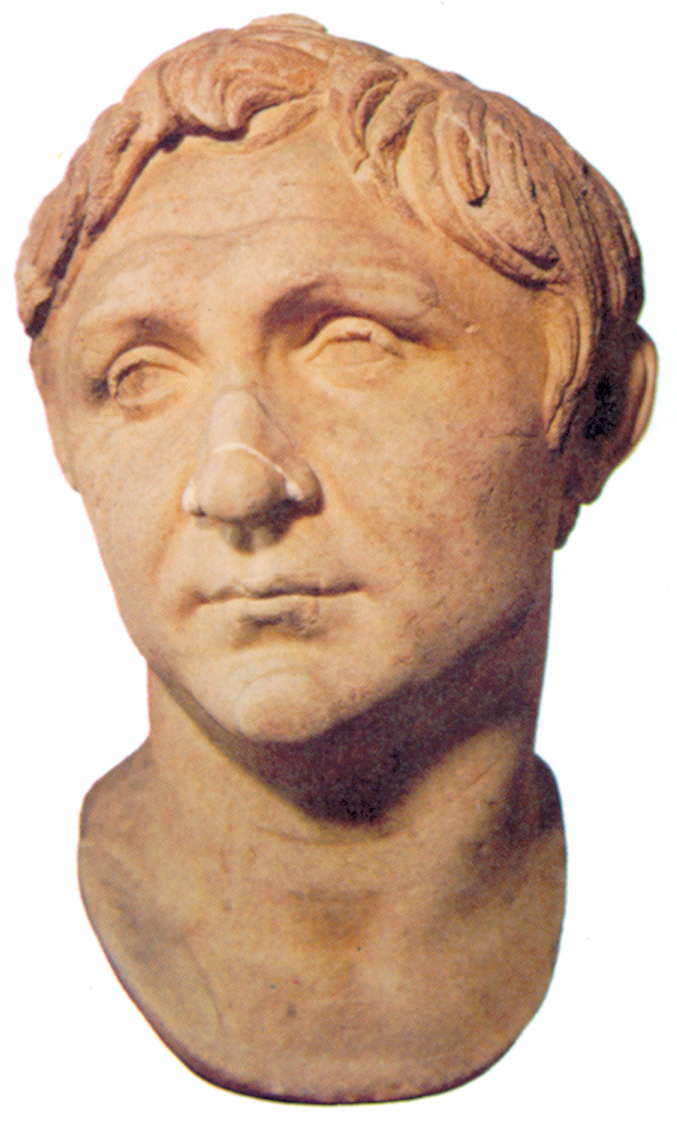
In this area, Caesar’s men had been building entrenchments across the plains south of the Lesnikia River, and were also busy with parallel lines of circumvallation, to protect the rear. The two lines were two hundred paces apart but had not been finished, nor had a transverse rampart been built to link the entrenchments together by the coast. Based on testimony from the Allobrogian commanders, Pompey elected to storm that part of the Caesarian works.
Caesar describes the battle as a long struggle, with ebbs and flows, in which the outcome was in doubt. He was not taken completely unawares owing to the scouting of his speculatores who noticed the movement of some Pompeian cohorts to get behind an empty fortification. Although this kind of information was normally relayed by exploratores, in this instance the need for tight security justified the use of speculatores.
Pompey attacked at night using troops landed on shore and quickly gathered for assault. Hitting the Caesarian lines on two flanks, the Pompeians abruptly routed the defenders. But the pursuit was turned back when Marc Antony arrived with 12 cohorts to staunch the collapsing line. After sounding an alarm by smoke signal to alert the various forts in his force, and seeing the successes that Pompey had had, Caesar decided to alter his strategy and build a camp alongside Pompey.
Scouts then observed a further movement of Pompeian cohorts toward an old Roman fort south of the Lesnikia River. Caesar went off to investigate personally. His “original supposition proved not to be mistaken,” and he reached the site before Pompey noticed. Promptly, Caesar attacked, charging the fort in two columns, the left to assault its eastern face and the right its northern. The left was quickly successful, routing the Pompeians inside the fort. But the right, blocked by a connecting wall they thought was the camp wall, advanced along it looking for a gate. When they broke through, the column was in the plain between the camp, the river, and the sea, separated from the left column and with their rear exposed. Pompey, told of the disposition, led five legions toward the scene. Caesar’s right column, already in fear for their rear, were quickly put to flight, while the left, now seeing the right in retreat and realizing they were without support, was seized with panic. All semblance of order vanished.
Caesar had been routed with great loss, including 32 tribunes and centurions and 960 of the rank and file. But Pompey did not pursue, probably because of disorder in his own ranks, though his losses are nowhere given.
Clearly, Caesar’s position was no longer tenable. He determined to rethink his strategy and therefore abandoned the blockade, retreating inland to Thessaly to make a junction with Domitius, increase his options, and repair his supply situation.
Pompey then believed he had won the war. According to Dio, he indeed would have had he adopted a more active policy. After the victory at Dyrrachium, Pompey took the title imperator, but was unwilling to boast over “the downfall of citizens. From this same motive he neither sailed to Italy himself nor sent any others there, though he might easily have taken possession of it all.”
Pompey did, however, send word of his victory to Rome and the provinces, hoping in that way to stifle dissent and gain adherents to his side as the preeminent power. Pompey continued to betray a characteristic dilatoriness and indecisiveness. It was a factor that Caesar counted on. His flight to Thessaly gave him a series of strategic options, each of which was supported by the weakness he was confident he could exploit.
After a number of days with both armies setting up in battle array but neither advancing to attack, Caesar broke camp to move on. On that day, Pompey decided to force the issue in what became known as the Battle of Pharsalus. Pompey arrayed his heavy cavalry on Caesar’s right, hoping to outflank it and roll up his greatly inferior force. But Caesar, by a deft employment of a concealed reserve force of infantry, decimated and routed Pompey’s cavalry. In the pursuit thereafter, Pompey’s force was virtually destroyed. Those not killed or escaping were incorporated into Caesar’s army. Pompey himself fled to his unpleasant end in Egypt.
Oddly, Caesar took from this campaign not the lesson that his intelligence was inadequate, or that he needed to act with more deliberation, but rather a confirmation of his belief in his own superior judgment. If anything, his actions throughout the remainder of the war show a man impetuous in deed hoping to settle issues with his enemies as quickly as possible with as little loss for his own side. He therefore put fewer resources into grounding his decisions on intelligence information, and more on bold and swift action. Judging from his ultimate triumph, who can say it was a mistake?
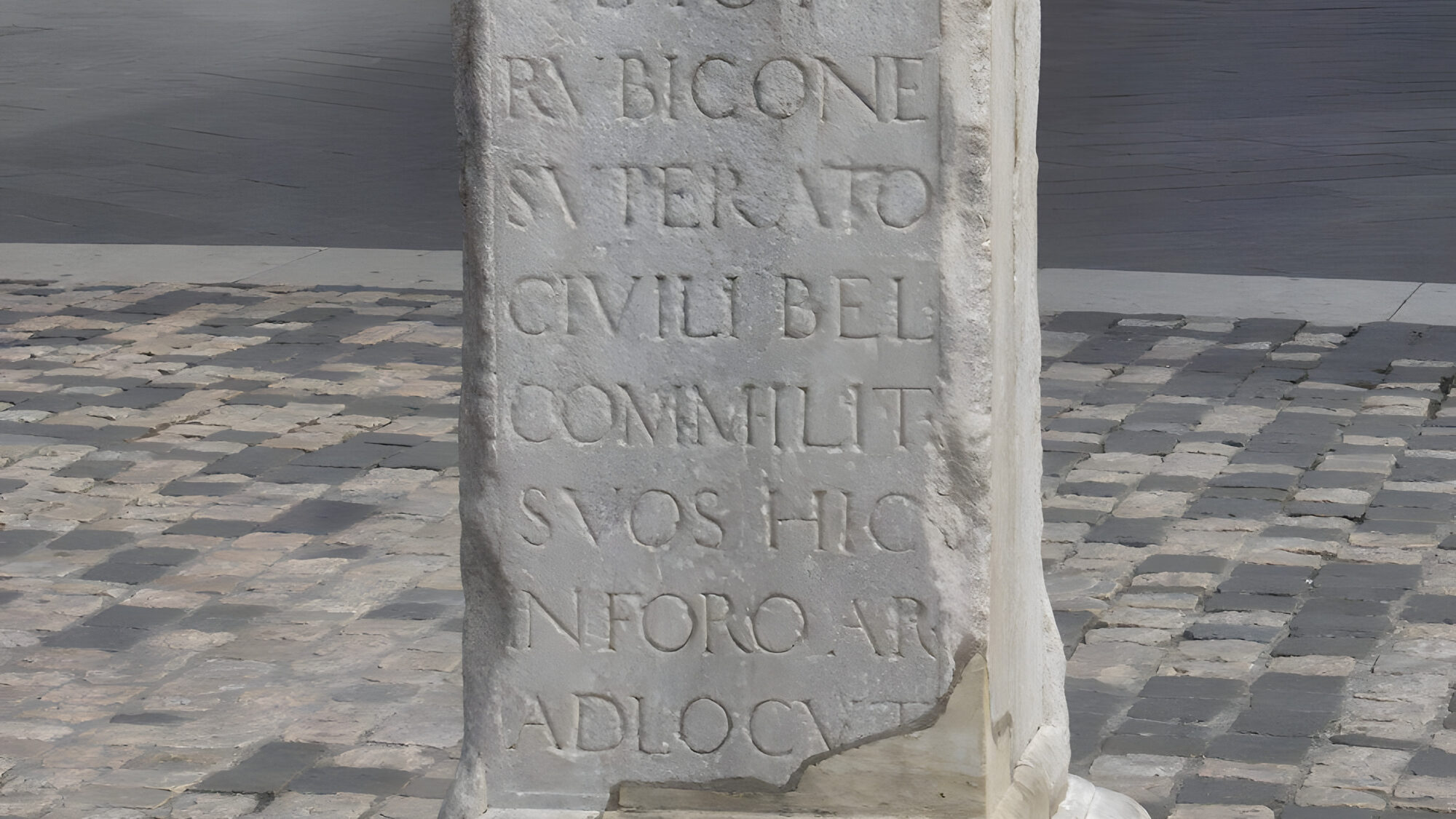
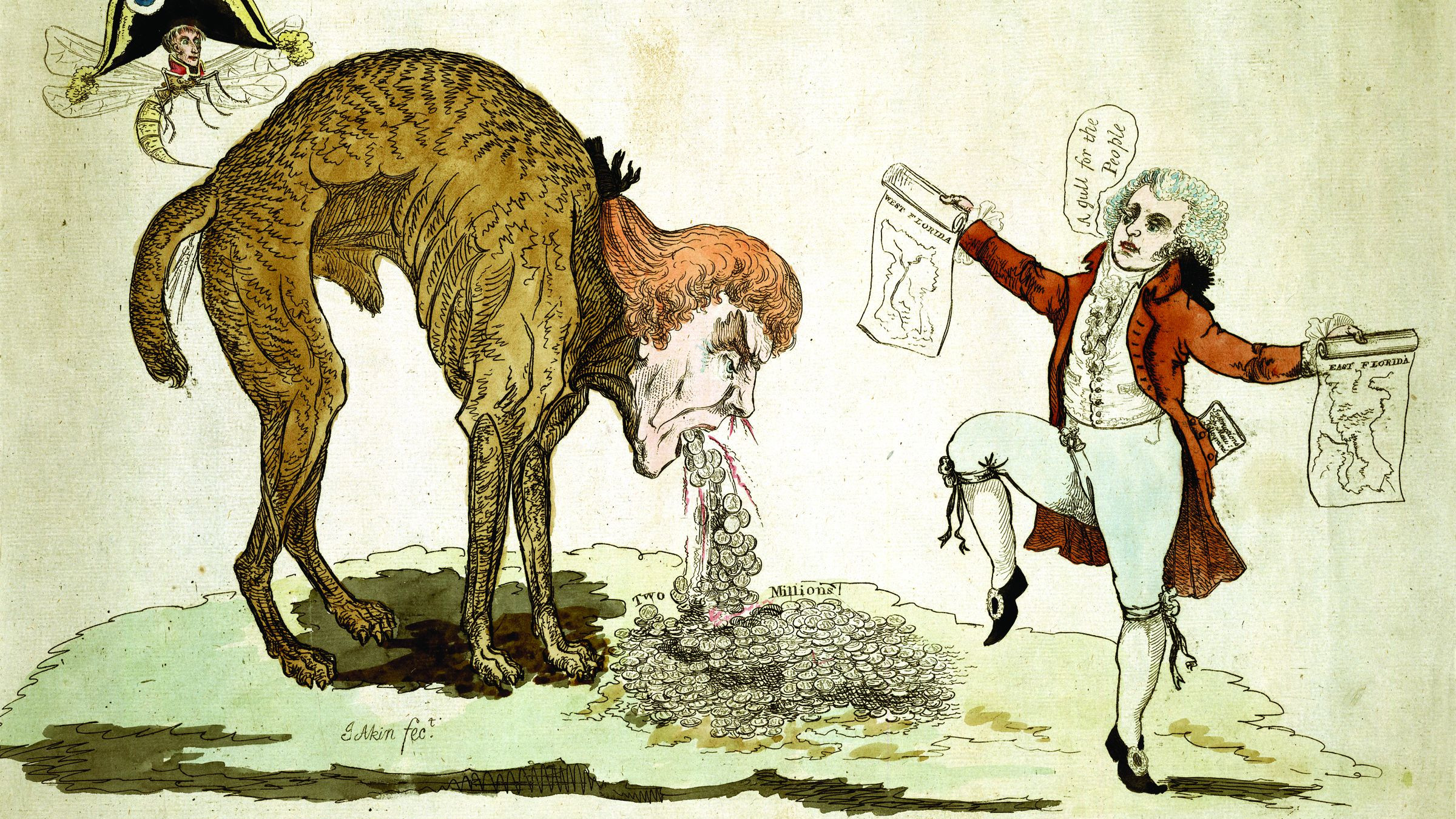
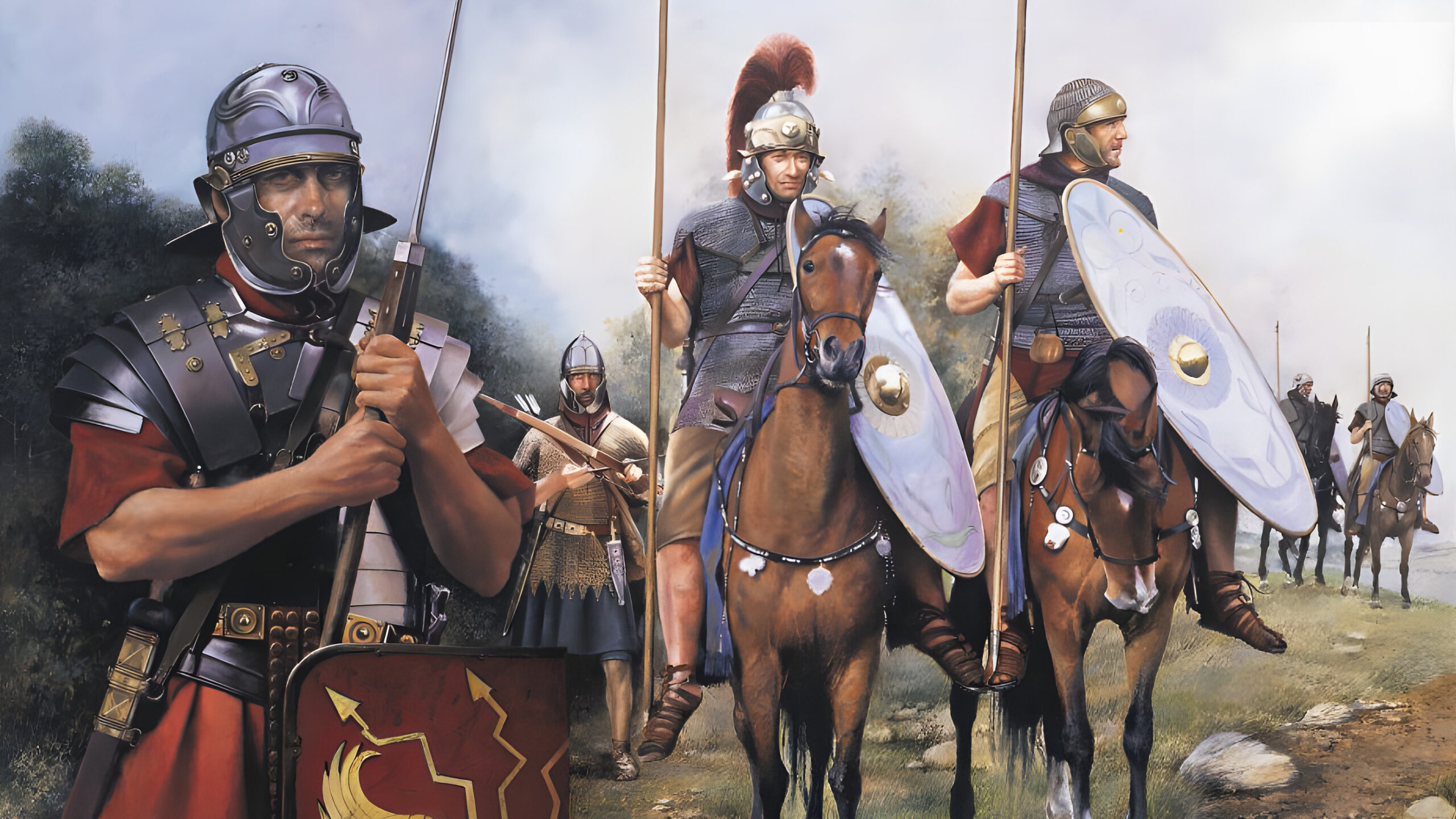
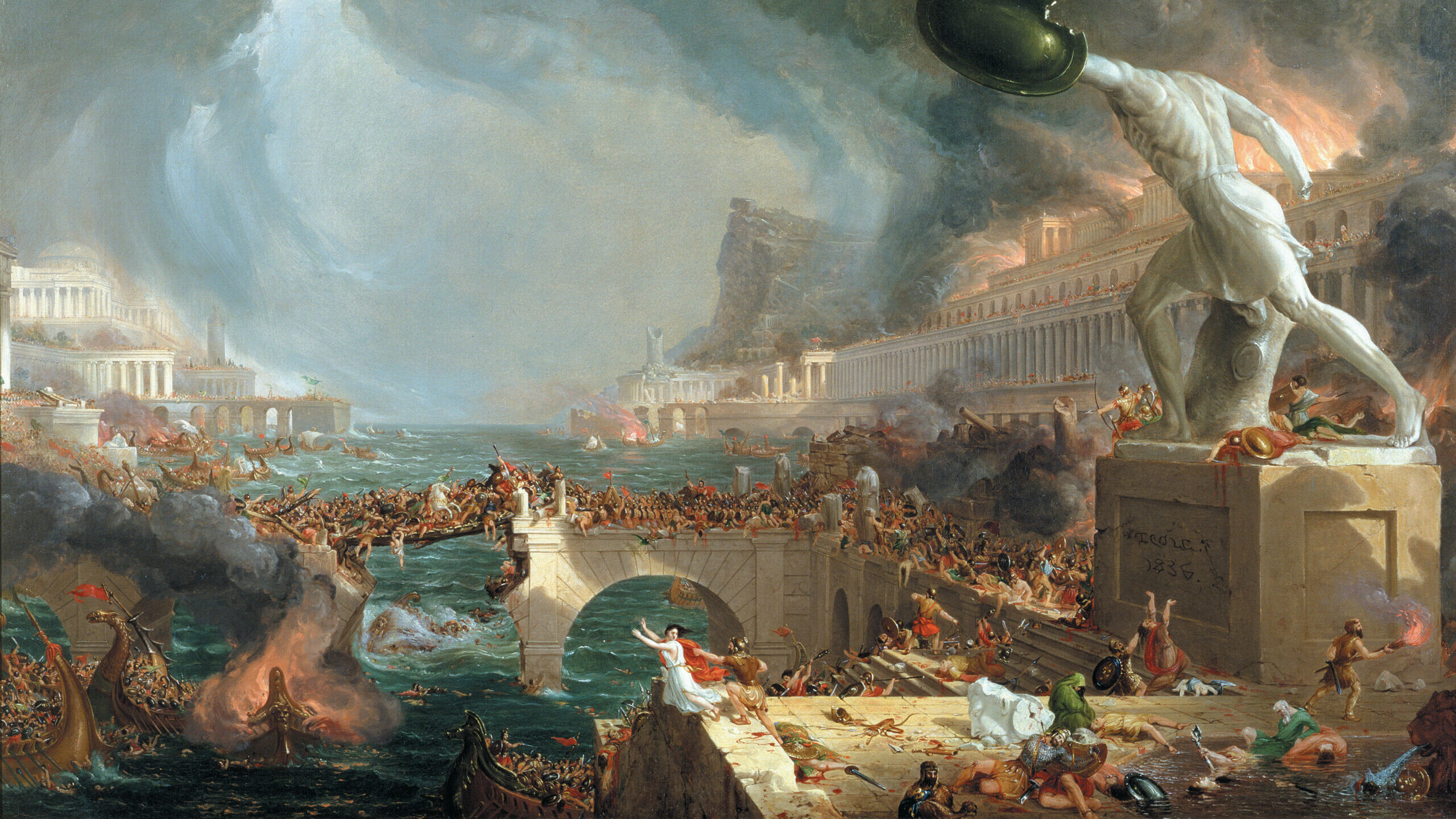

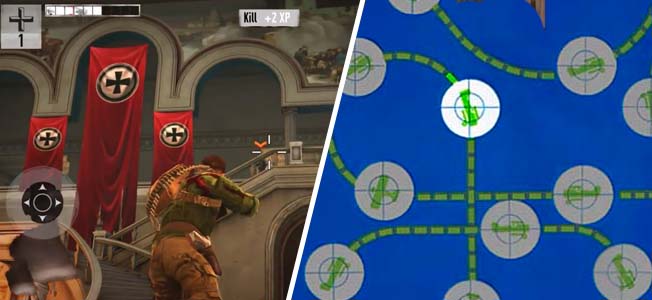
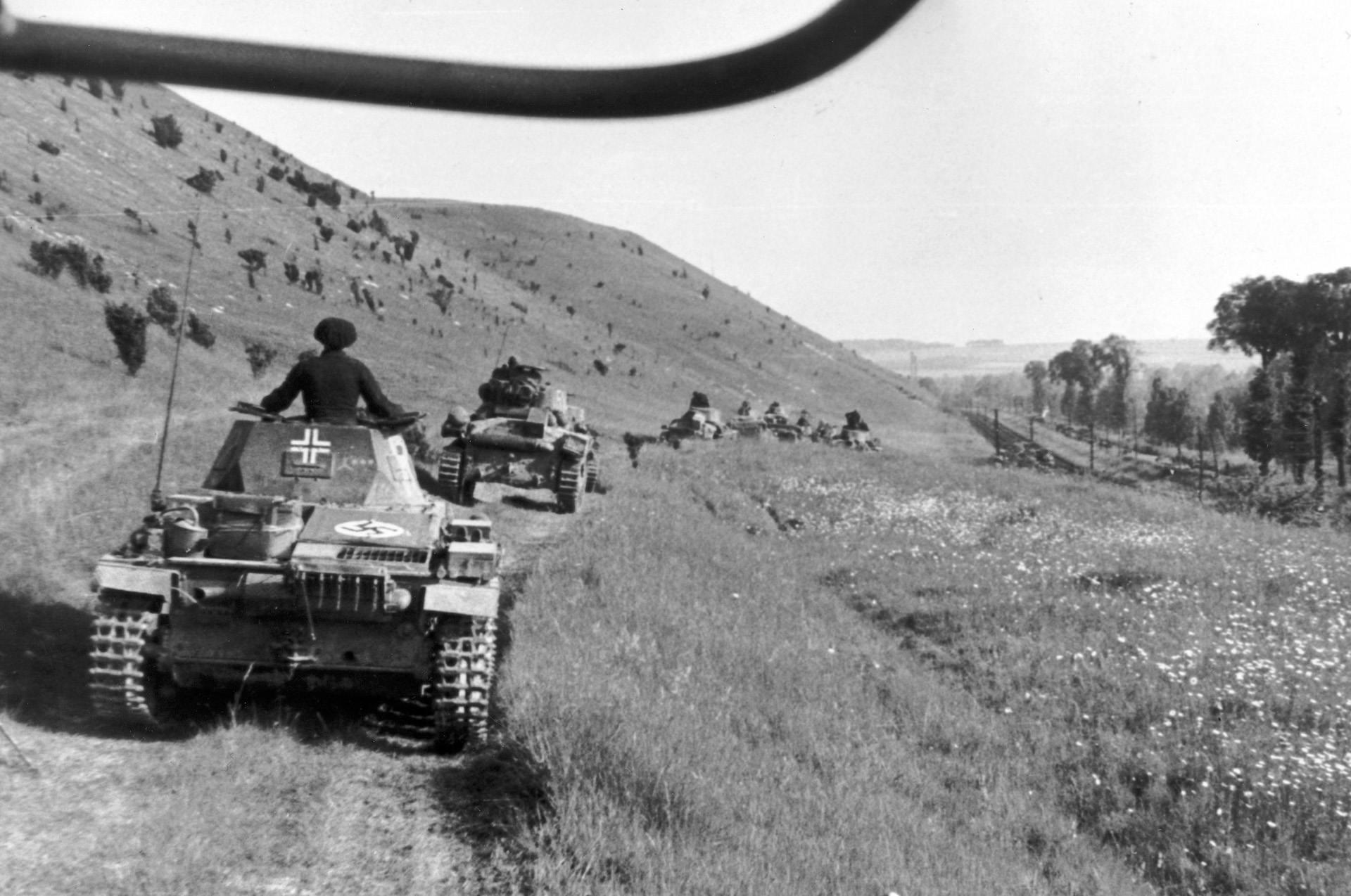
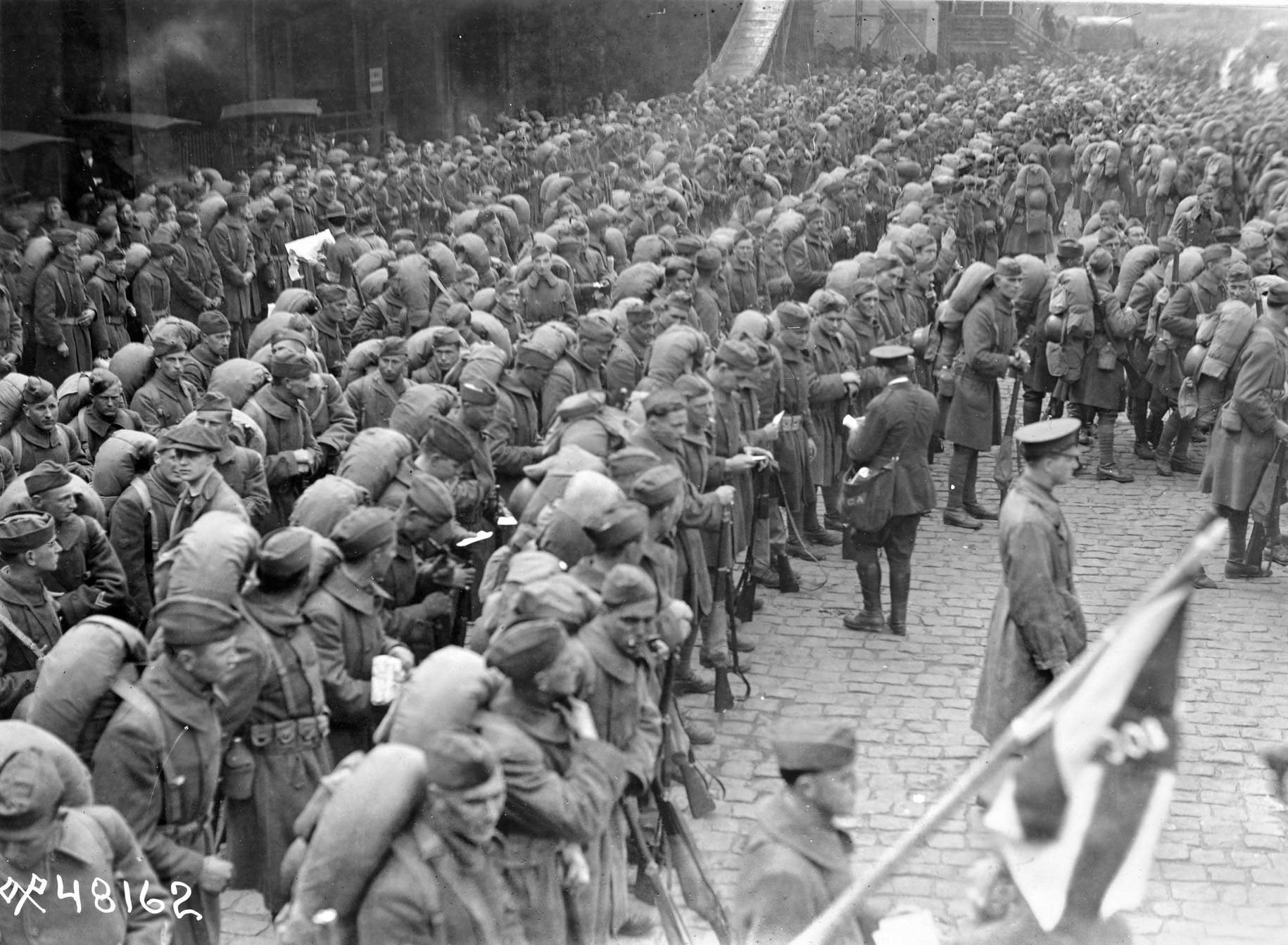
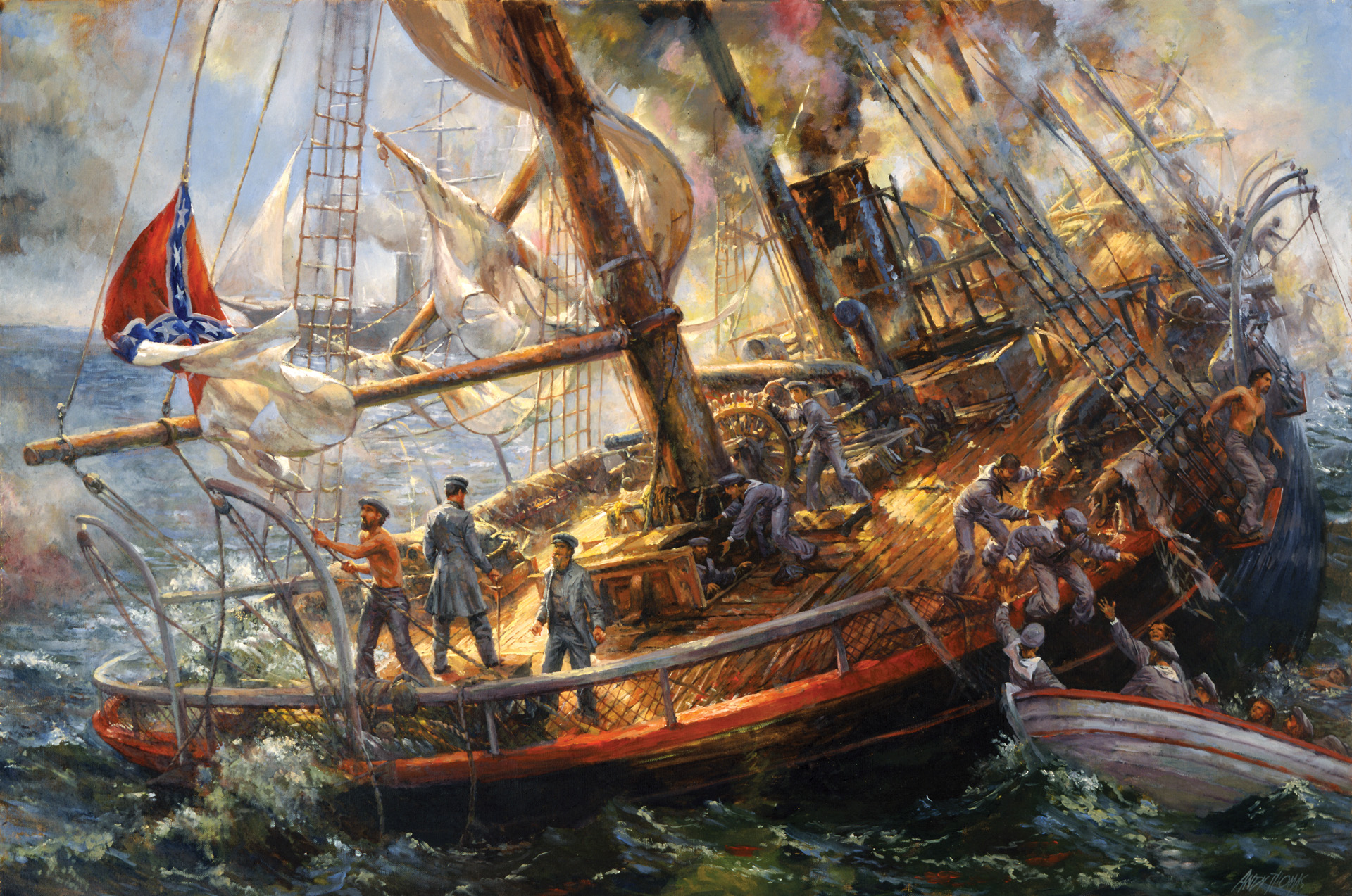
Join The Conversation
Comments
View All Comments